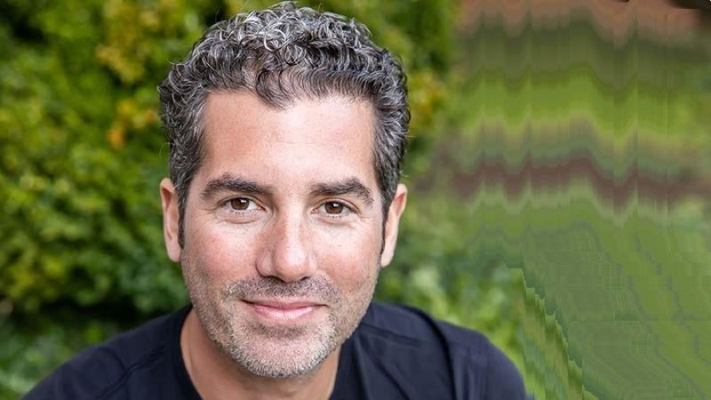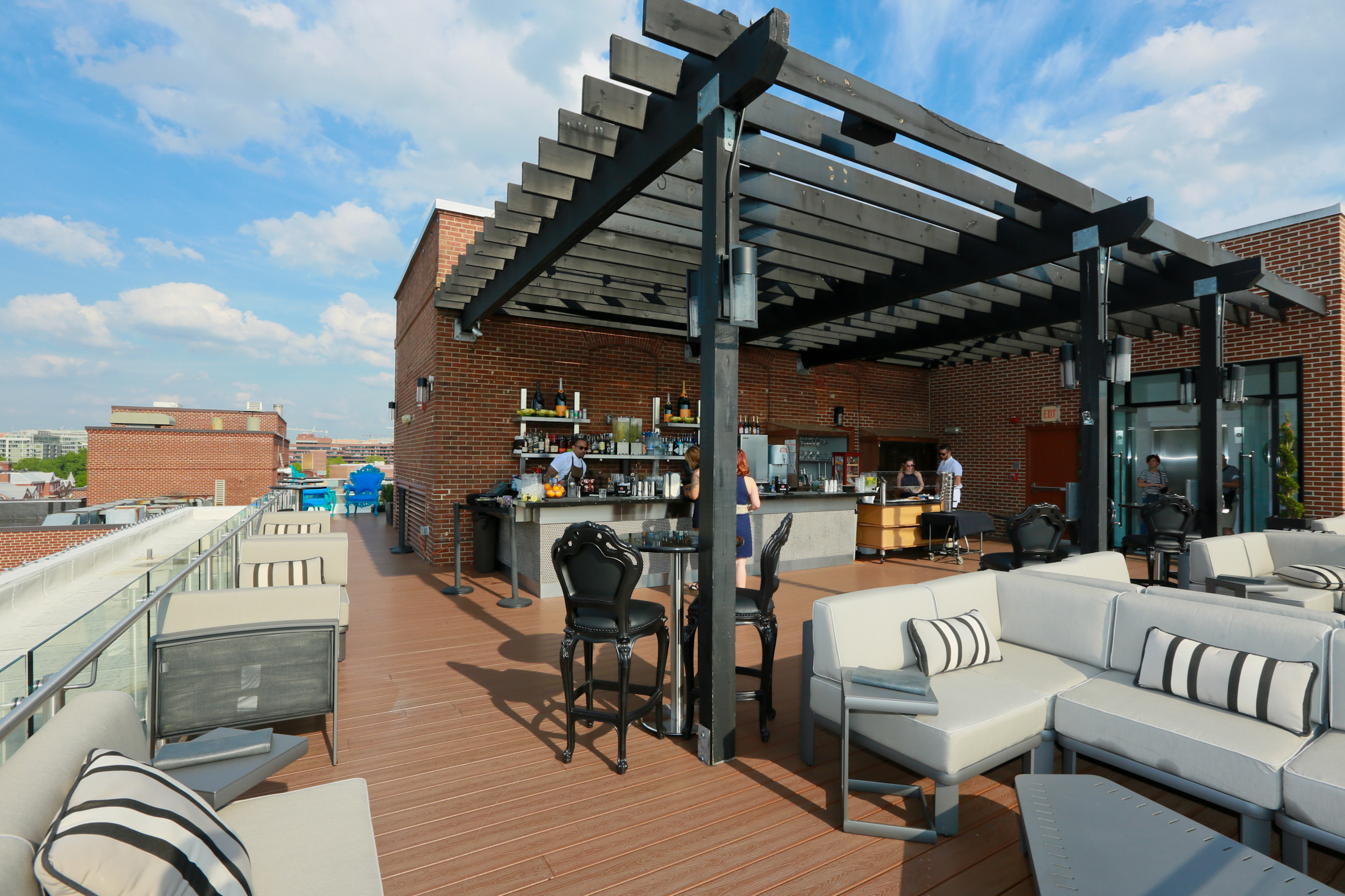By Jeff Weinstein, editor in chief
When Brian Friedman was 10 years old, his late mother “dragged” him to the Inn of the Anasazi in Santa Fe, New Mexico, as she was very interested in the art and culture of the destination. Young Brian was at first rather bored by the trip, as there was no pool table or swimming pool. But by day three of the visit, says the now 43-year-old founder of Foxhall Partners, the SPAC company BOA, and the Friedman Capital family office, he found the hotel and its atmosphere, food and service magical, even for a spoiled child. Years later, he knew the Inn had to become part of the hotel real estate collection curated by Friedman Capital, and in 2019 that became a reality.

Today, the family-run private equity firm owns about 600 keys in Washington, D.C., including The Line DC, Glover Park Hotel Georgetown, the recently acquired luxury Graham hotel, as well as The Rosewood Inn of the Anasazi in Sante Fe. The group also has a strong interest in senior housing, as well as capital stakes in multiple limited-service branded hotels, and interests in historic properties in Charleston, South Carolina, Los Angeles, San Francisco and San Diego.
The group also asset manages some of its hotel properties. “The dynamic is that we have hotel people that can also do senior housing, retail and office, and lifestyle shopping centers because there’s some real similarities across the board,” says Friedman, adding that the group has proprietary software that allows it to manage across various asset classes. “We have a vision to build the world’s most profitable lifestyle, hospitality management company that goes across platforms… We’re going to upgrade the experience for our guests across platforms in every way possible. And then after that, it’s all about safety.”
The plan moving forward, Friedman says, is to acquire more hotels (the group is generally a long-term holder), which will be managed by its hotel management arm, the Anasazi Group. “We are seeing great pick-up in luxury travel and great experiences, so we want to focus our dollars on investing in hotels,” he adds.
Friedman also has a long-term view that people are going to want to migrate to the big cities, and the bigger the city is, the better it’s going to do. “And the more downtown, and the more core, and the more historic and the more beautiful, a building is going to be more and more valuable. And those are the kickers that we’re looking for.”
The group is looking at assets in about 116 unique destinations and as far as 20 countries. “We’re looking at deals from the beaches of Tulum to the coolest neighborhoods in New York City, London and Buenos Aires,” Friedman adds. “We’re really trying to grow our brand and take advantage of the moment, but we have to buy the right asset… We’re looking for sophisticated assets that have a soul.”
The group in September acquired the 57-room The Graham Hotel in Georgetown at the same price it was originally sold for in 2016. Along with Anasazi Group, the plan is to create an ultra-luxury guest experience with new amenities, upscale art installations, and capital improvements to deliver on the property’s full potential. This growth comes on the heels of the reopening of Glover Park Hotel after new management and significant capital improvements.

Friedman is also a big believer that the best is yet to come for the hotel business, “But you must not sit and wait – you must fix up your properties, knowing that the guest is different.
“It’s going to be a total jailbreak. The millennials want to travel, the baby boomers want to get in whatever travel they can get. So, the desire to travel is timeless. And the vehicle to travel is through hotels. There are more digital nomads who will be accessing the world more than they ever had before while working, which is also going to add to the travel. The international travel is coming back, too. It’s going to be explosive.”
The big question, Friedman adds, is how to capture these guests. “You’ve got to differentiate yourself, make the experience localized. And you must make sure that you’ve improved your asset. The people coming back post-COVID will need to see an improvement, a change that they can see, taste, smell. If you can do all those things, you are going to win.”
Last but not least, he points to further tailwinds because room supply should go down, while demand goes up. “There is also inflation, and if you’re selling a great experience, on certain nights you can really get higher rates,” he adds.
In closing, Friedman calls out traditional management companies, who could fall prey to new players in the space like Sonder, Selina and Yotel. “They could come into your space as a single asset tenant and run a hotel in a way an owner has never experienced,” he says. “It is going to be a big disrupter for management companies. I can get a proforma from a management company, and they’re showing me that I’m going make US$2 million, which means my asset is worth US$40 million at a 5x cap. Or, I could lease it to Sonder or Selina for US$2 million, and not have to do any work. That puts them into the landlord business. I see a lot of fatigue from fellow hotel owners, and I think it’s going to be very attractive to want to go to that model. They would even take less (US$1.5 million) and have their time back.”
Hedging, though, as a real estate owner, Friedman says the toughest thing is to own a single tenant asset. “When it’s good, it’s good. And when it’s bad, it’s bad.”

